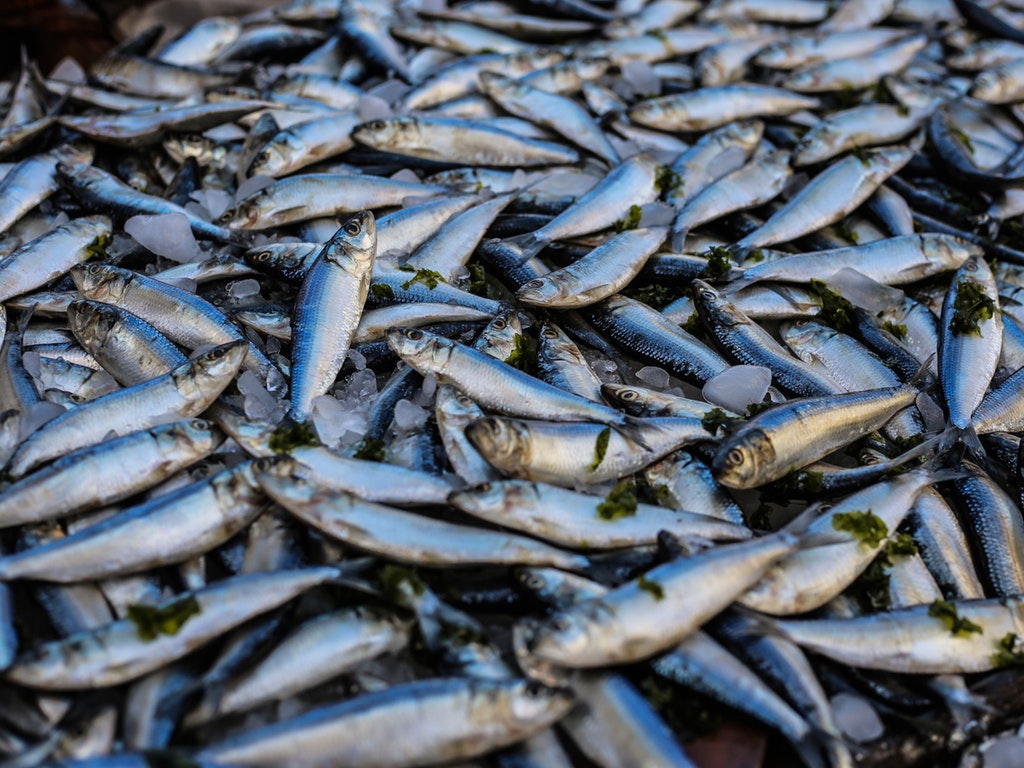2 Mins Read
There’s been a lot of hopeful but misguided information about how blockchain is supposed to help with making food supply chains more traceable and eliminate food fraud. This one about a WWF-backed fish blockchain is a good example.
Blockchain can solve many of the world’s biggest problems, but food fraud ain’t one.
To paraphrase Andreas M. Antonopoulos, the author of The Internet of Money (a must-read if you have even a passing interest in blockchain), a simple rule to determine whether a blockchain project is the real deal is whether you can substitute the word “blockchain” for “database”. In the case of this article about the WWF project, unfortunately, you can, so actually, blockchain offers no advantages.
This is what happens in a typical bubble when people don’t actually understand how something works, and try to apply it to everything and anything. Investors who’ve put money in projects like this, be it for financial or impact reasons, are unlikely to see meaningful returns.
Why? Because one of the most important qualities of blockchain is trustlessness. Let’s go back to the fish example. The article says, “a fish caught by Austral Fisheries would be snared immediately with a RFID tag. The vessel that caught the fish would record its location and the time of the catch.”
“Snared immediately” and “vessel […] would record” are huge red flags –basically a third party outside of the blockchain ecosystem is tasked with entering the information in the first place. There still needs to be trust in this third party, so blockchain is useless – well, it’s as useful as a database. This third party could sign their entry with the same private key each time, but that only works if you trust the person, it doesn’t matter what type of database you put the resulting data in.
At the end of the day, this, and most food traceability issues, can be partially solved with RFID technology, which is already in use and has existed long before blockchain. When it comes to food, using the B word hasn’t solved any problems that RFID couldn’t.
(PS: I’m not a blockchain expert, just a writer who asks a lot of questions about food and sustainability.)
This post was originally published on Medium under the title “Fishing net of lies: Blockchain can’t prevent food fraud.”
Lead image courtesy of Pexels.




